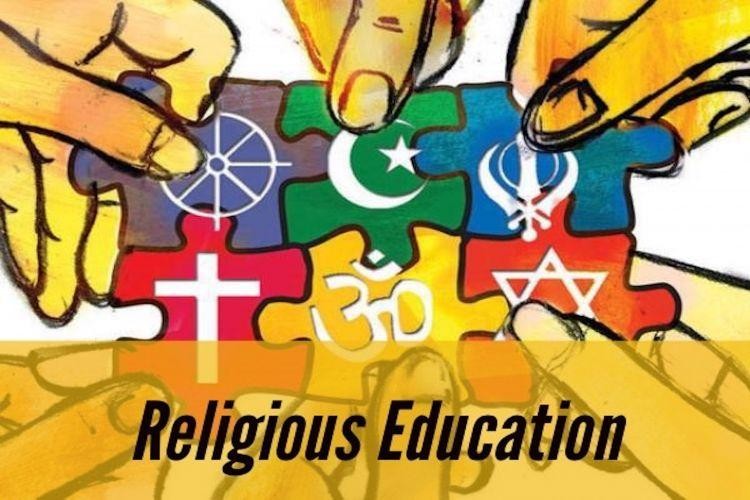At King Street Primary School, we believe that it is vital for all our pupils to learn from and about religion, so that they can understand the world around them. Our high-quality RE curriculum allows pupils to engage and flourish in a complex multi-religious and multi-secular world.
Through Religious Education, pupils develop their knowledge of the world faiths, and their understanding and awareness of the beliefs, values and traditions of other individuals, societies, communities and cultures. Alongside this, children also gain understanding of non-religious beliefs. We encourage our pupils to ask questions about the world and to reflect on their own beliefs, values and experiences.
Each year, children focus on learning about a particular world religion.
Year 1: Christianity
Year 2: Buddhsim
Year 3: Hinduism
Year 4: Judaism
Year 5: Sikhism
Year 6: Islam
This structure gives opportunities to compare and contrast with other faiths – providing opportunities to revisit and embed past learning, and develop a more rounded and balanced view of faiths around the world, how these have changed over time, and how they compare with non-religious beliefs and practices in a multi-secular, multi-faith world. Our Religious Education curriculum is enhanced further with trips to places of worship in our local area. Religious Education plays an important role, along with all other curriculum areas in promoting the spiritual, moral, social, and cultural development of our children, encouraging children to be tolerant and respectful of difference, and promote self-confidence and clear communication skills in sharing their own opinions and listening to others’.
There are no presumptions made as to the religious backgrounds and beliefs and values of the children and the staff. We value the religious background of all members of the school community and hope that this will encourage individuals to share their own experiences with others freely. All religions and their communities are treated with respect and sensitivity and we value the links, which can be, and are, made between home, school, and communities of faith and of no faith. We acknowledge that each religion studied can contribute to the education of all our pupils.
Please note that as a parent or carer, you have the right to withdraw your child from part or all RE lessons. Please contact school if this is your choice.
We promote teaching in Religious Education that stresses open enquiry and first-hand experiences wherever possible for both staff and children, and children gain and apply knowledge and skills across three main areas (as per the Durham Agreed Syllabus):
*Knowledge and Understanding of Religion
*Critical Thinking
*Personal Reflection

